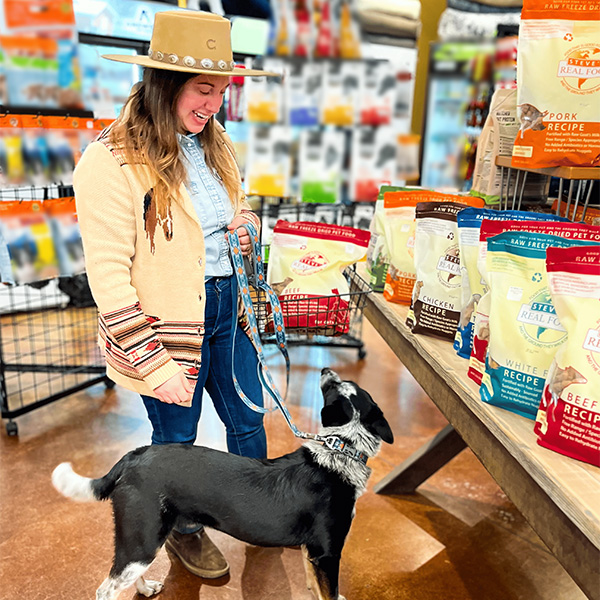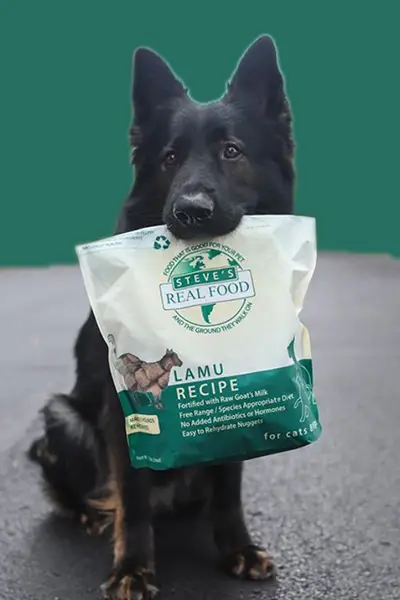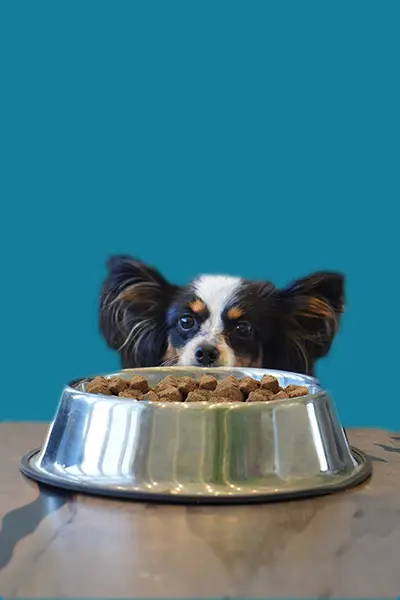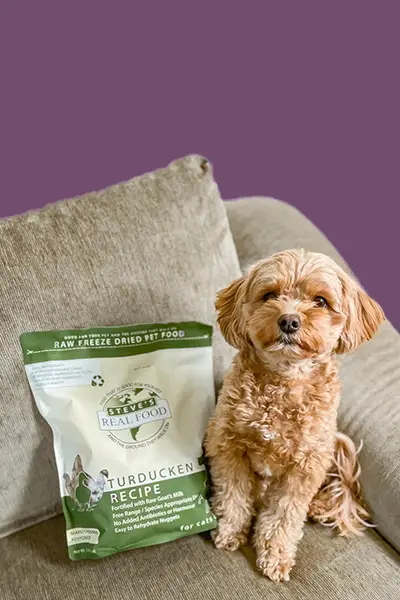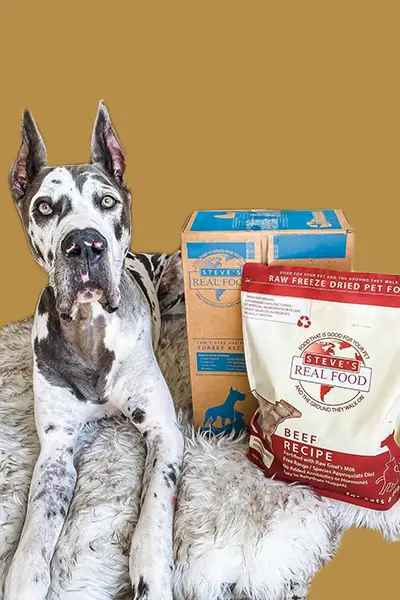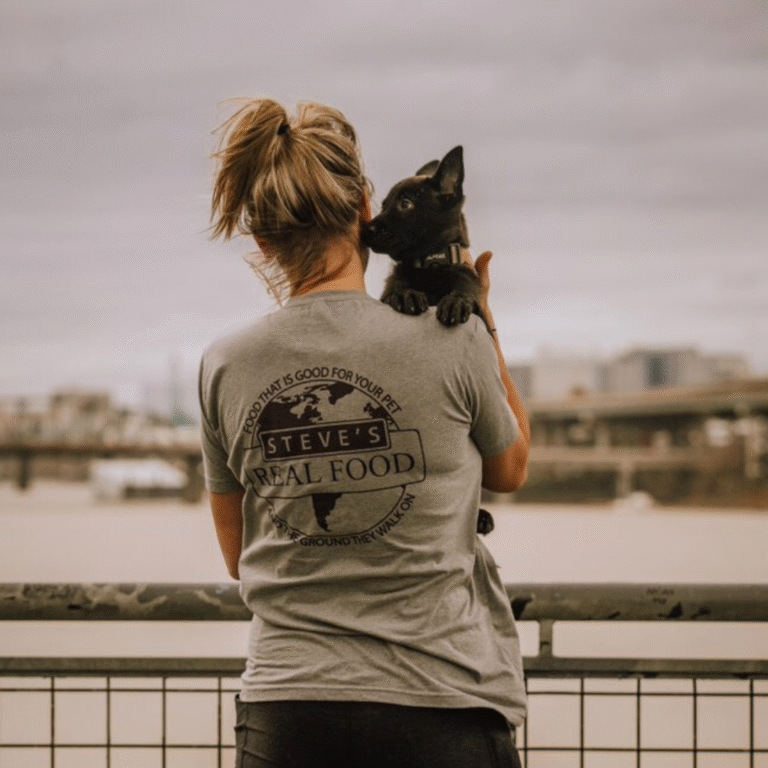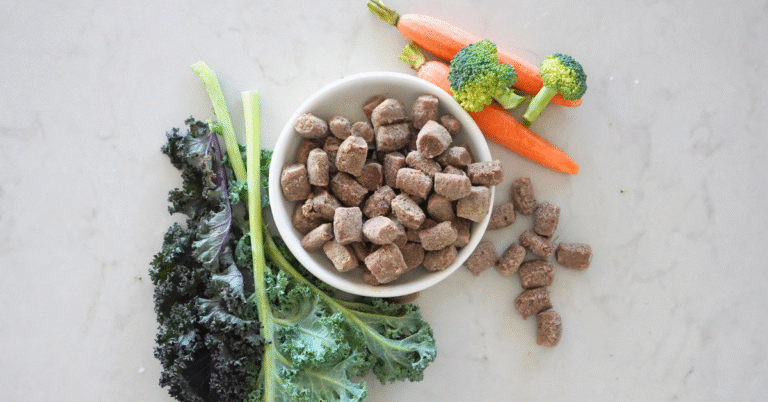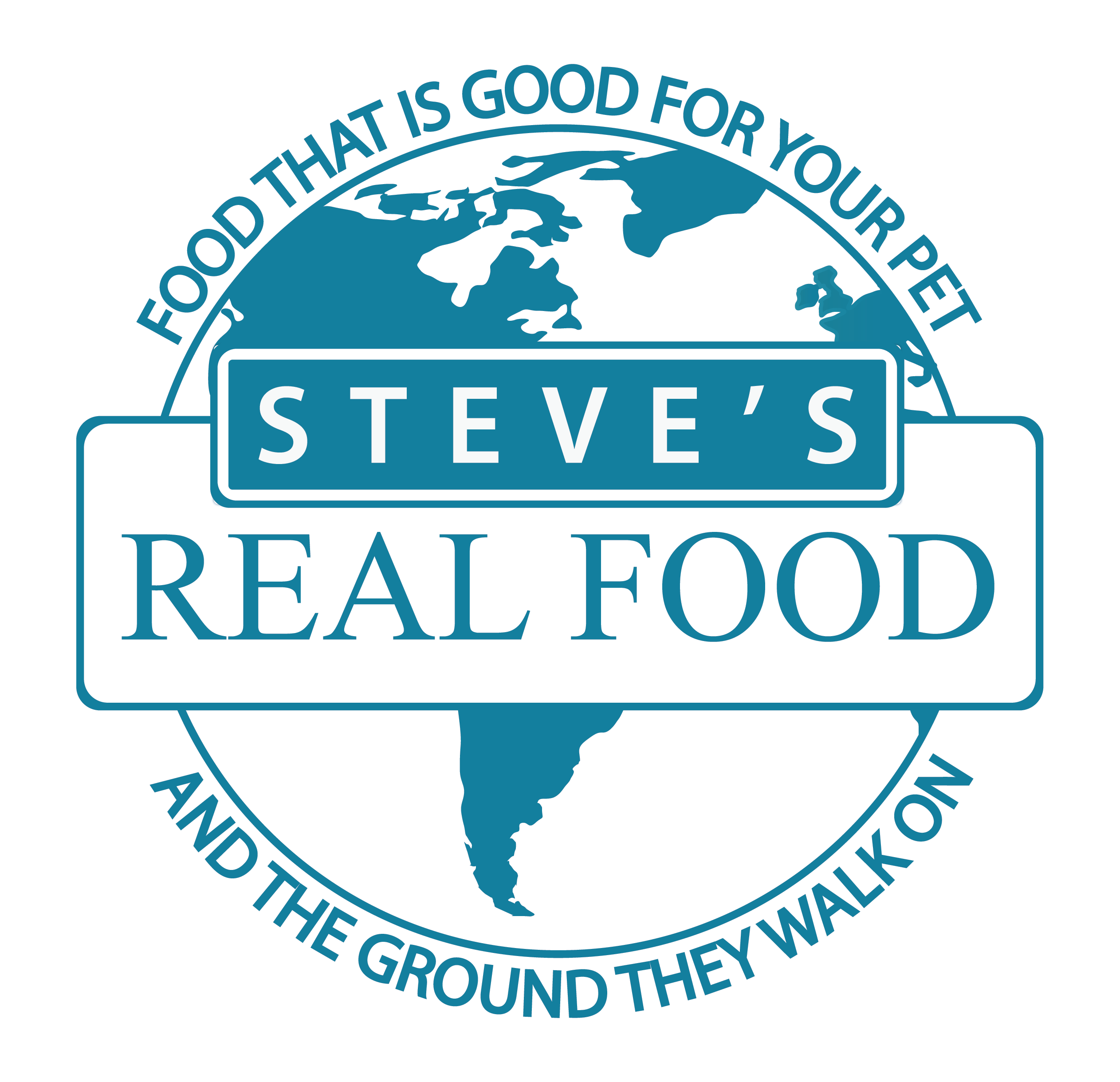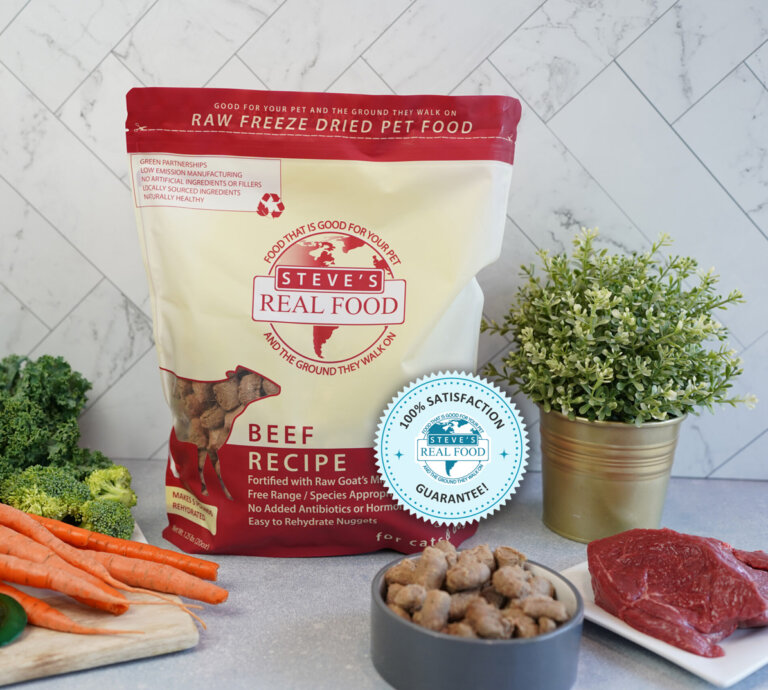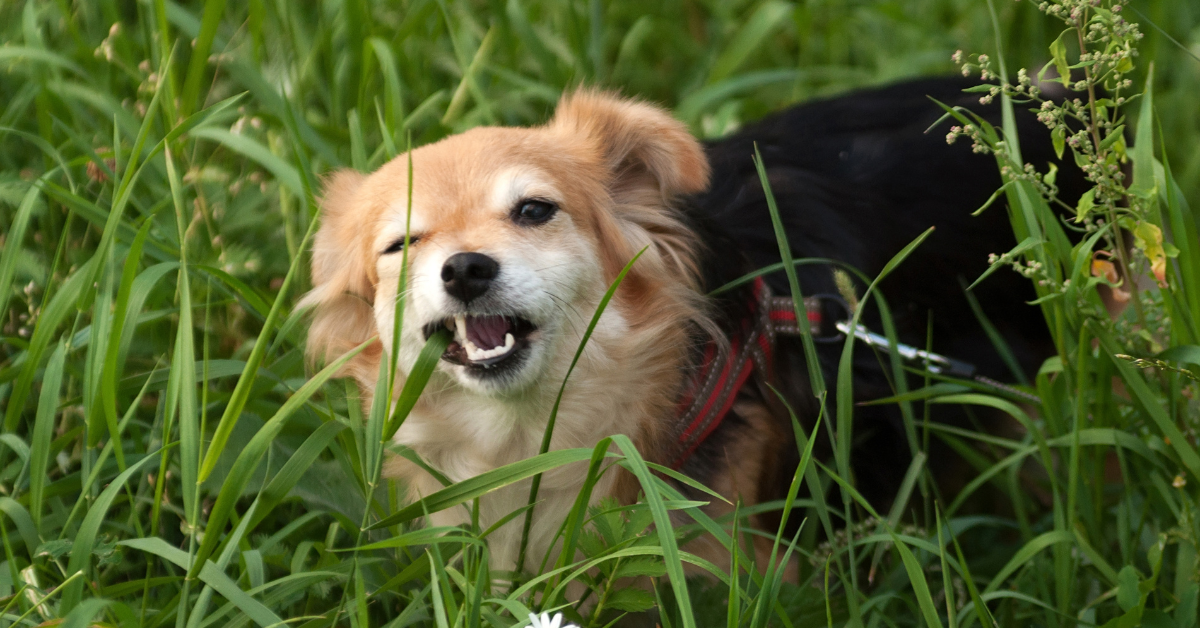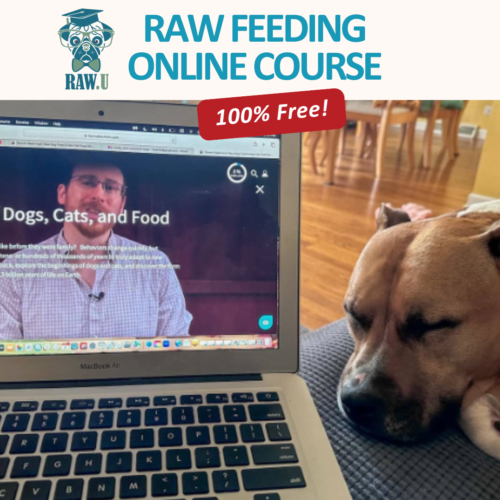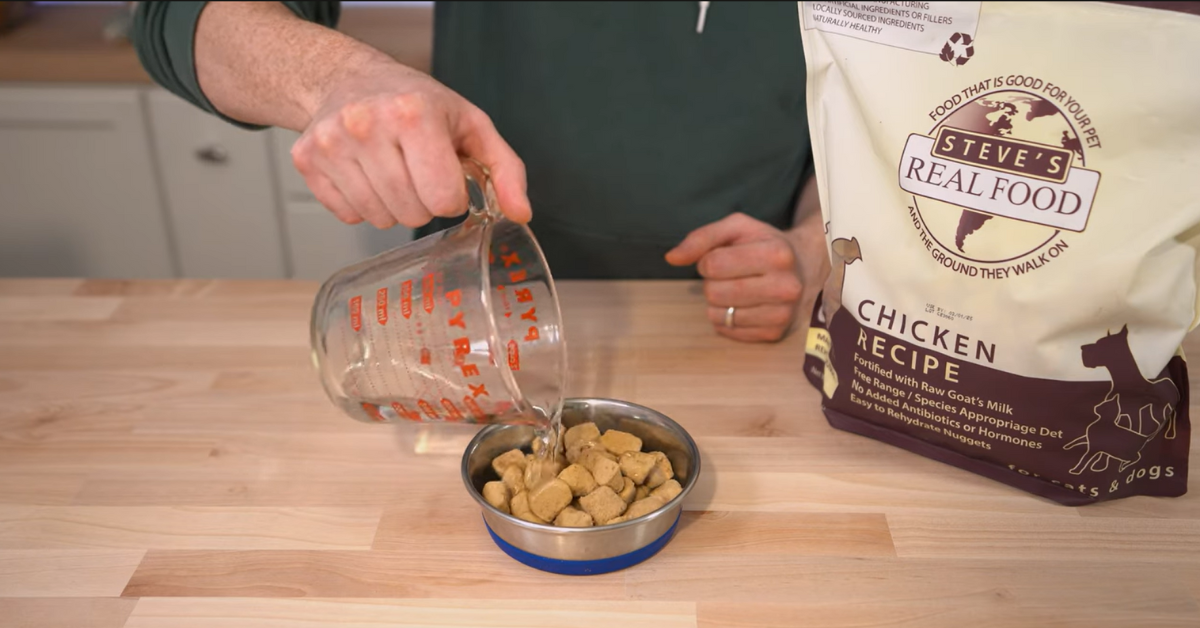Myth #1: Dogs Eat Grass Because They’re Sick
This is one of the most persistent myths. Many believe that grass triggers vomiting and that dogs instinctively eat it to make themselves feel better.
Truth: Most dogs don’t vomit after eating grass. In fact, studies show that fewer than 1 in 4 do—and even fewer use it as a way to “self-medicate.” More often than not, it’s just a natural behavior.
Myth #2: Grass-Eating Means a Nutritional Deficiency
Some pet parents worry that eating grass means their dog’s diet is missing something—like fiber or minerals.
Truth: If your dog is eating a complete, species-appropriate diet (like raw food), they’re likely getting everything they need. Our raw meals are thoughtfully balanced to support digestion, energy, and overall wellness—no grazing required. But even raw-fed dogs may occasionally nibble on grass just out of curiosity or instinct.
Myth #3: Grass is Dangerous for Dogs
Is grass toxic? Only if it’s treated with harmful chemicals.
Truth: Fresh, untreated grass is generally safe in small amounts. But it’s always a good idea to be mindful of where your dog is munching—lawns sprayed with fertilizers, weed killers, or pesticides can pose a risk. If your pup tends to graze, consider providing a safe space with pet-safe grass or greens at home.
Myth #4: Only Certain Dogs Do This
Grass-eating isn’t tied to breed, size, or age.
Truth: All kinds of dogs eat grass—from high-energy puppies to slow-paced seniors. It’s a common, natural behavior, and it doesn’t always point to a problem.
Myth #5: They’re Just Hungry
Some people assume dogs eat grass when they’re hungry or not feeling satisfied.
Truth: Dogs eat grass at all times of day, regardless of when they last ate. If your dog is raw-fed, they’re likely enjoying a protein-rich, satiating diet. Grazing is more likely about curiosity, stress relief, or sensory interest than true hunger.
Why Do Dogs Eat Grass?
The short answer? No one knows for sure—but here are a few common reasons:
Instinct: Wild canines are known to eat plants as part of their natural foraging behavior.
Boredom or anxiety: Some dogs graze when they’re looking for stimulation or soothing.
They like it! Some pups just enjoy the taste or texture.
If your dog is eating grass occasionally, isn’t vomiting regularly, and is otherwise healthy, there’s usually no reason to worry.
When to Check In with Your Vet
Give your vet a call if:
Grass-eating is compulsive or excessive
Your dog vomits frequently or shows signs of stomach discomfort
You think they’ve eaten chemically treated grass or toxic plants
Raw Food and Natural Behaviors
Feeding a raw diet helps align with your dog’s natural instincts—not just nutritionally, but behaviorally too. Many pet parents report that once switching to raw, their dogs show fewer signs of boredom or digestive upset. That said, even the healthiest raw-fed dog might still sneak a blade or two of grass—because dogs are wonderfully weird that way.
 Beef
Beef Chicken
Chicken Whitefish
Whitefish Pork
Pork Lamb
Lamb Turkey
Turkey Turducken
Turducken All Protein
All Protein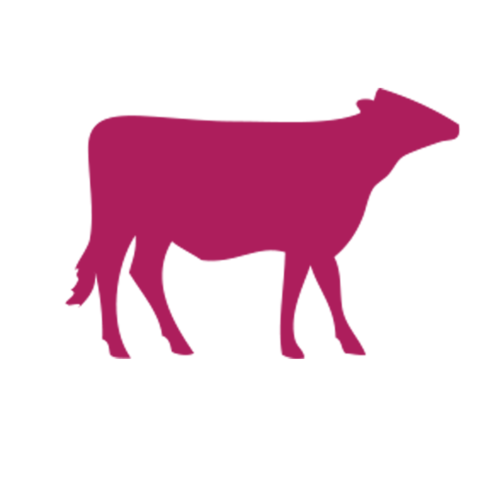 Beef
Beef Chicken
Chicken White Fish
White Fish Pork
Pork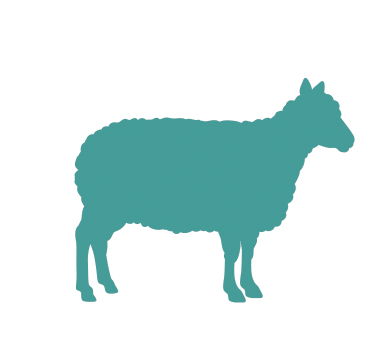 Lamb
Lamb Turkey
Turkey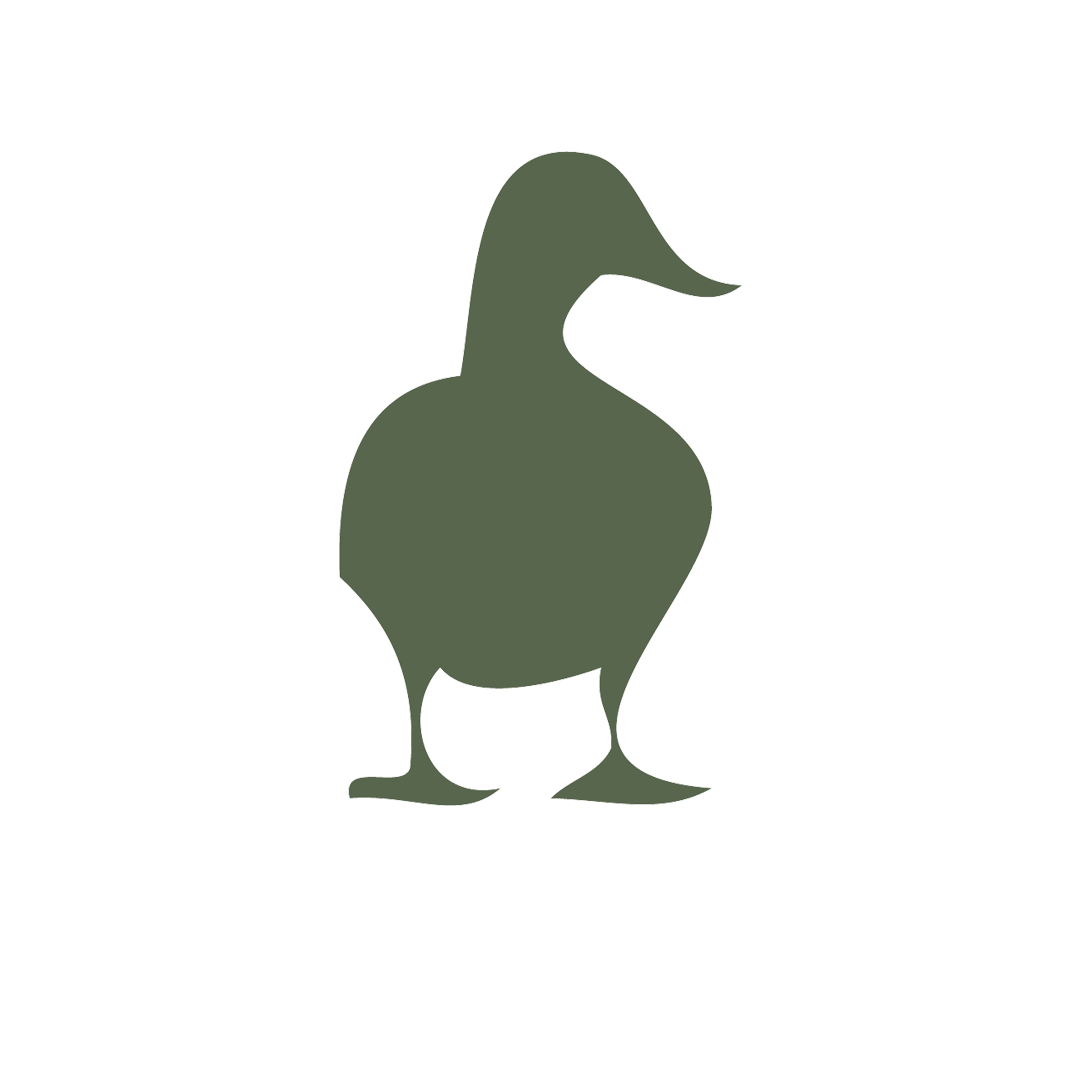 Duck
Duck All Products
All Products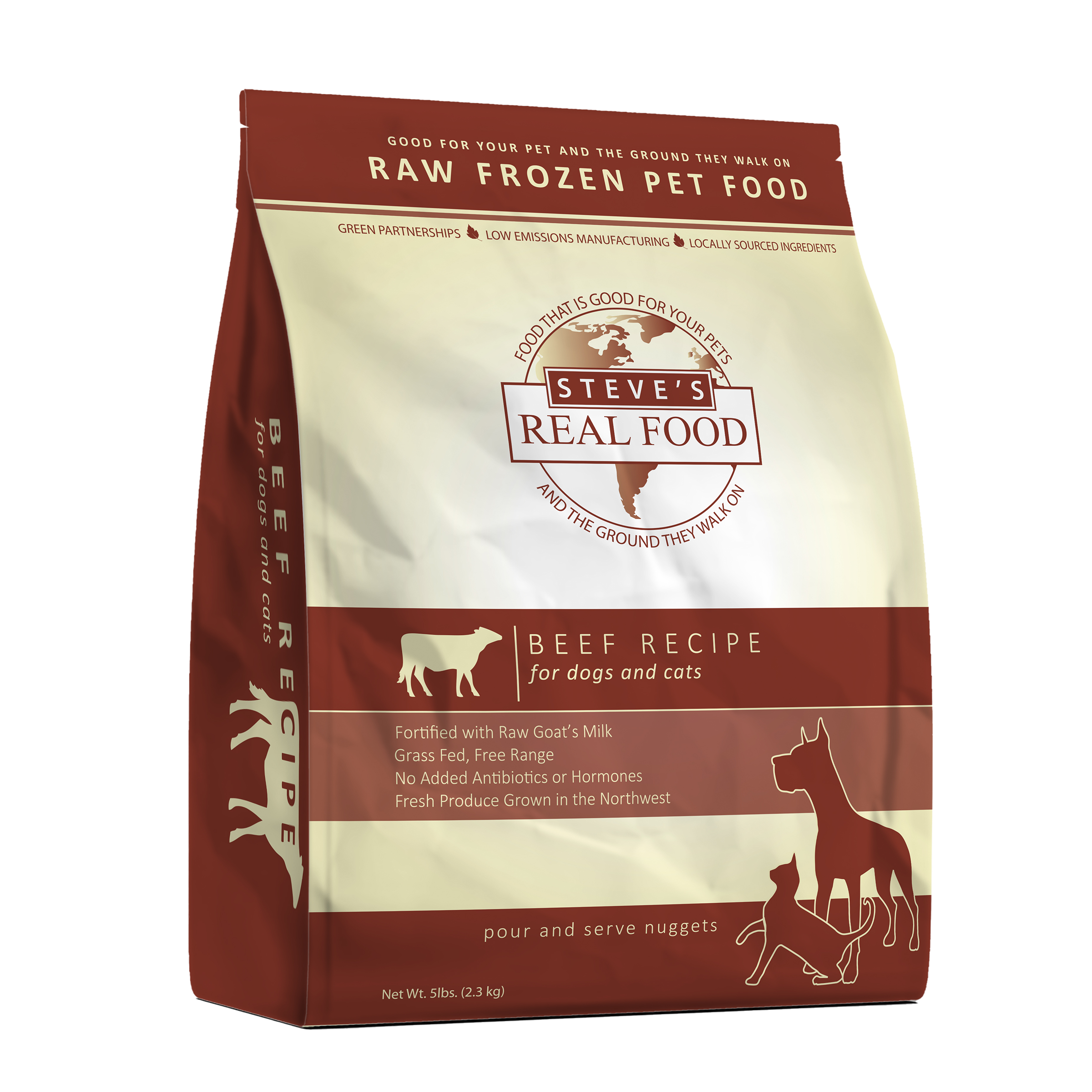 Frozen Raw Pet Food
Frozen Raw Pet Food
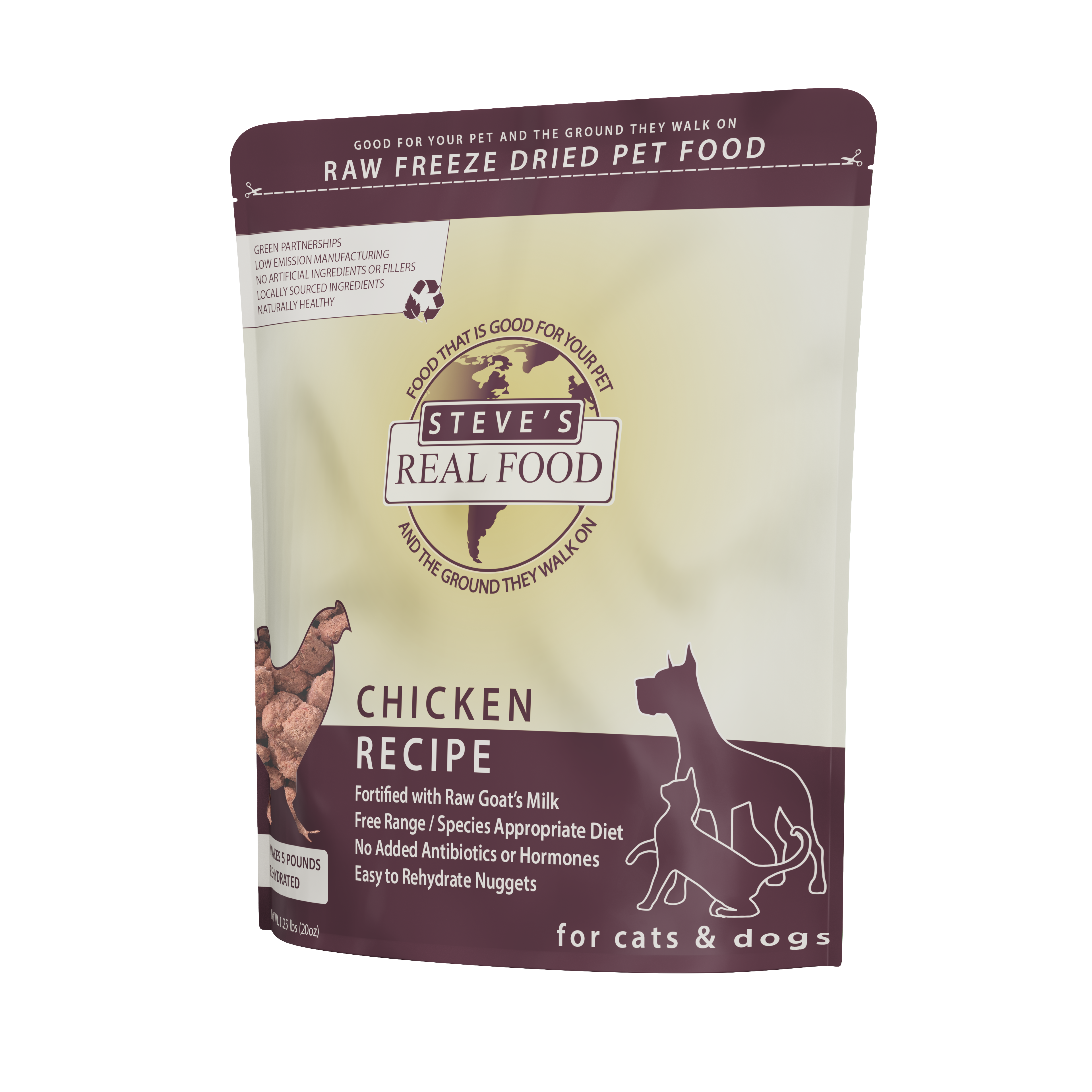 Freeze Dried Raw Pet Food
Freeze Dried Raw Pet Food
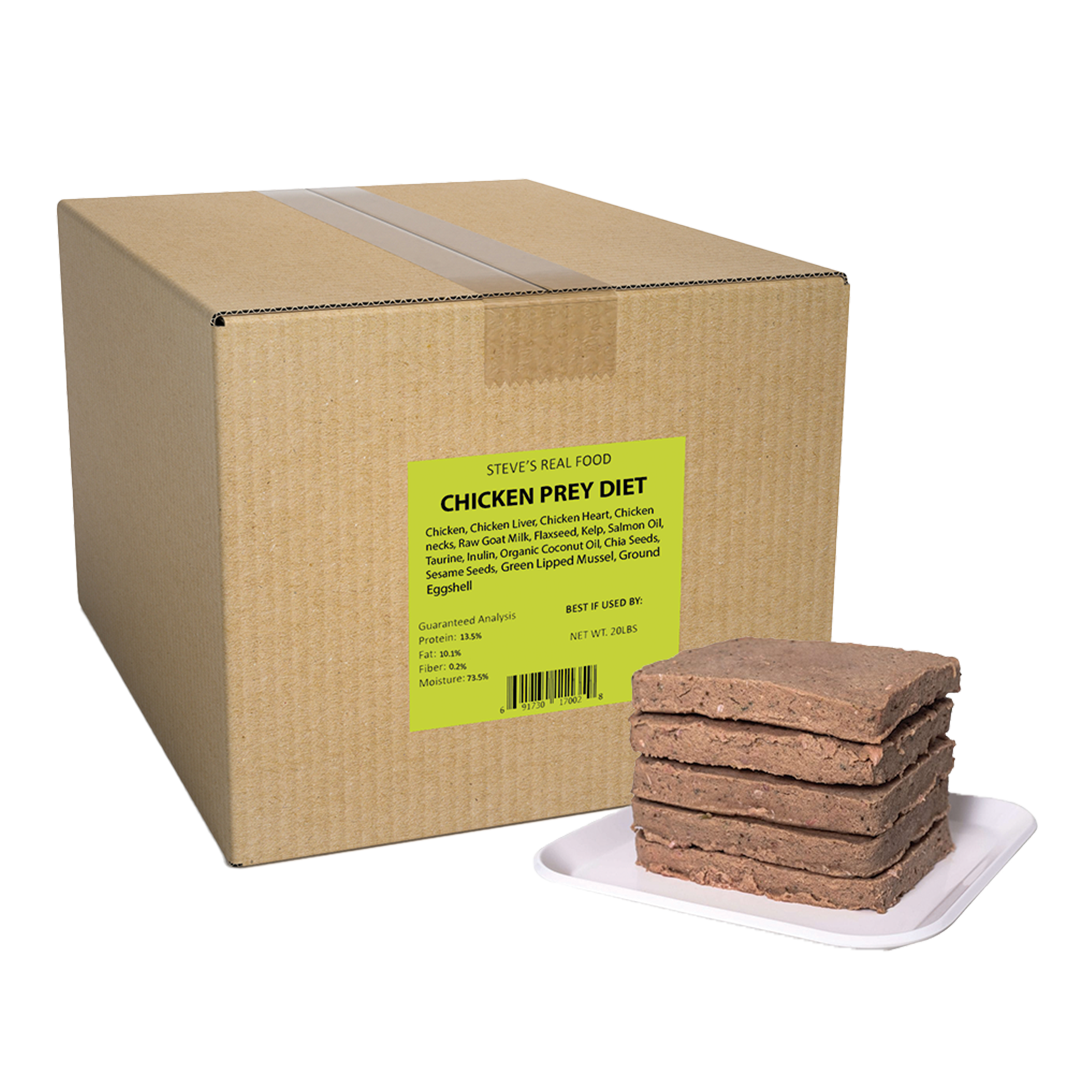 Frozen Prey Diet
Frozen Prey Diet
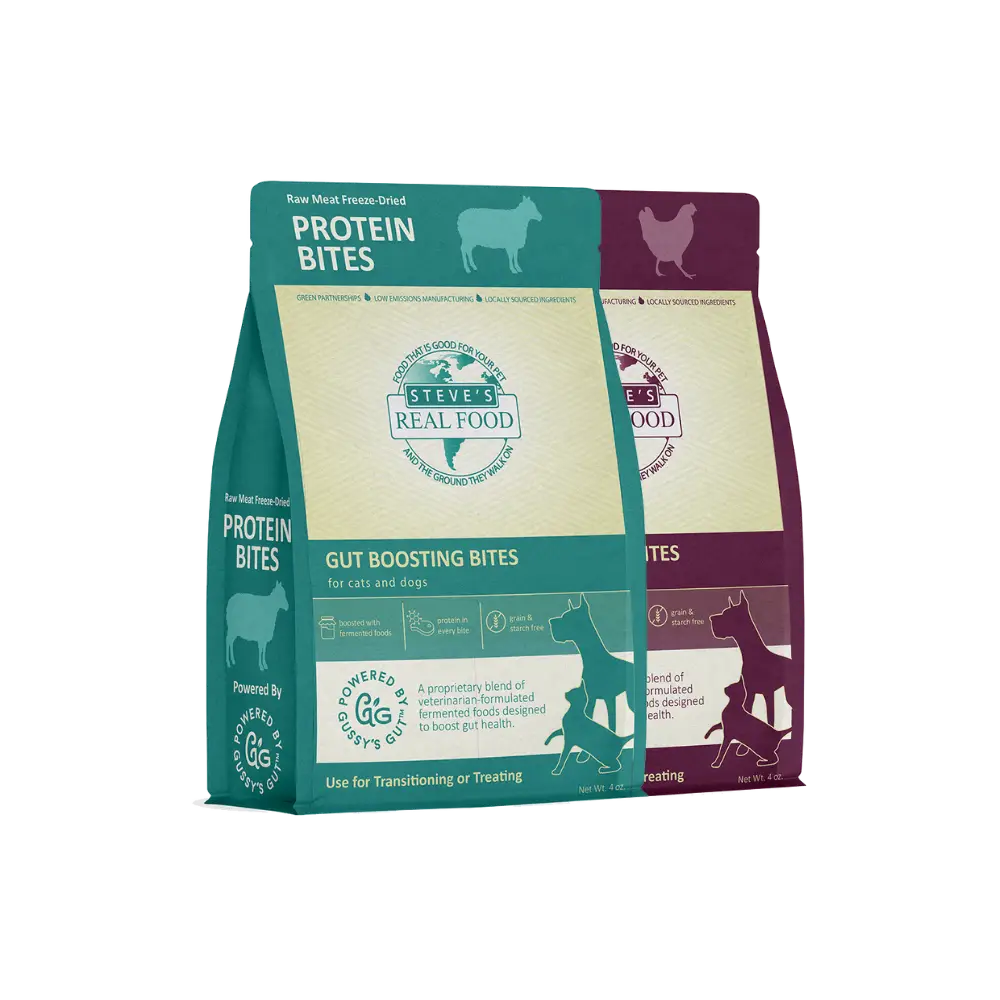 Freeze Dried Protein Bites
Freeze Dried Protein Bites
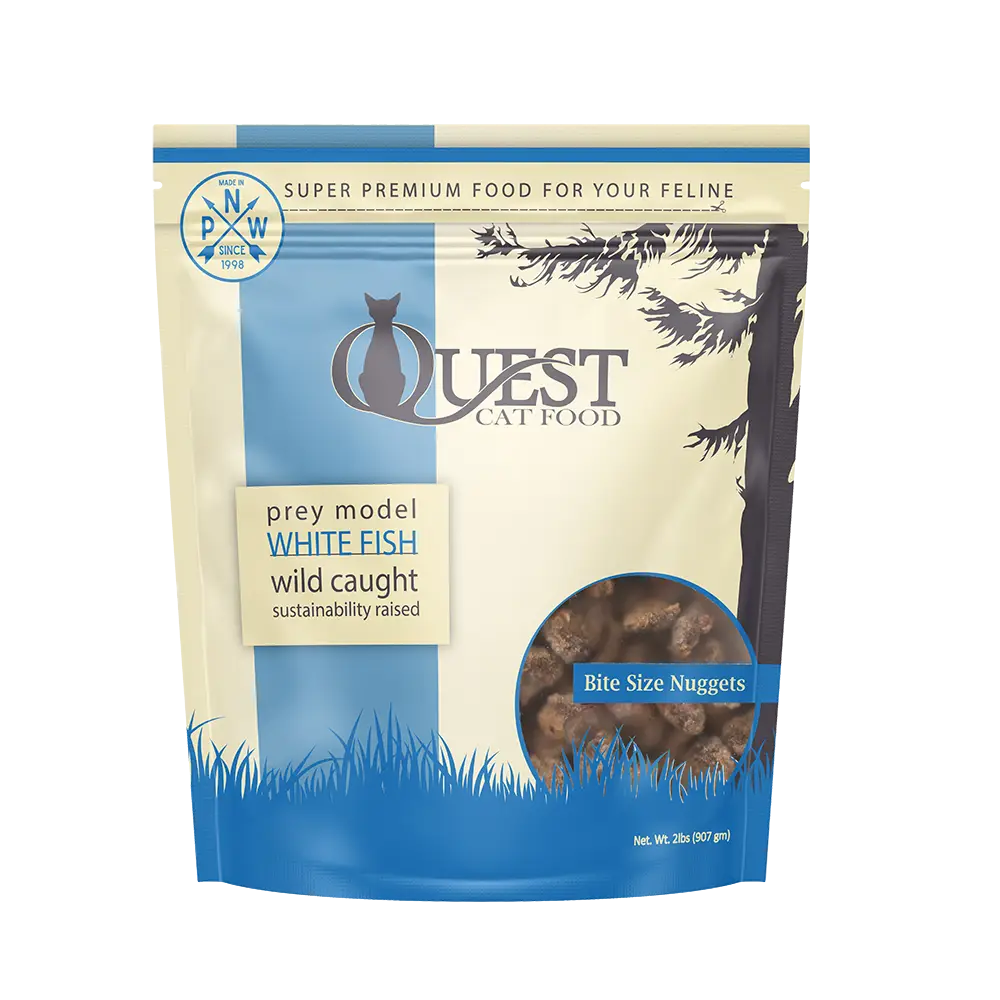 Frozen Quest
Frozen Quest
 Freeze Dried Quest
Freeze Dried Quest
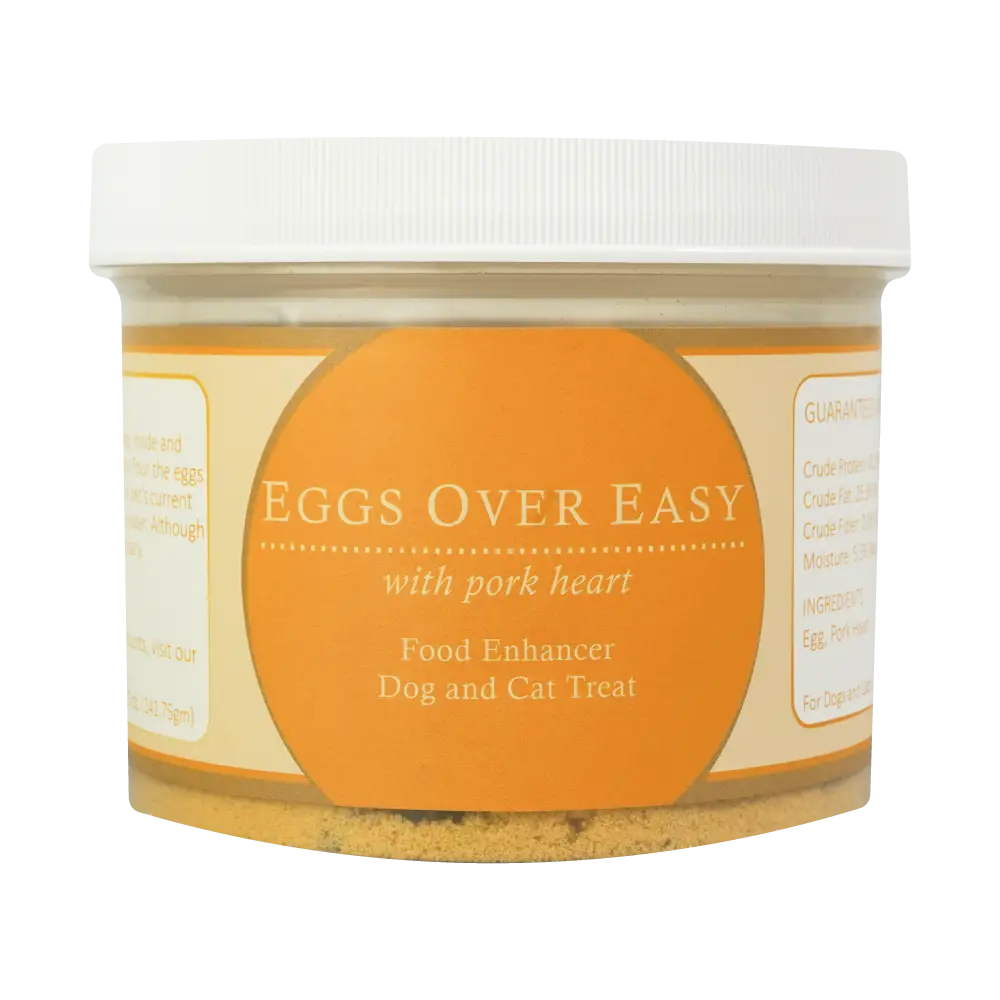 Eggs over Easy
Eggs over Easy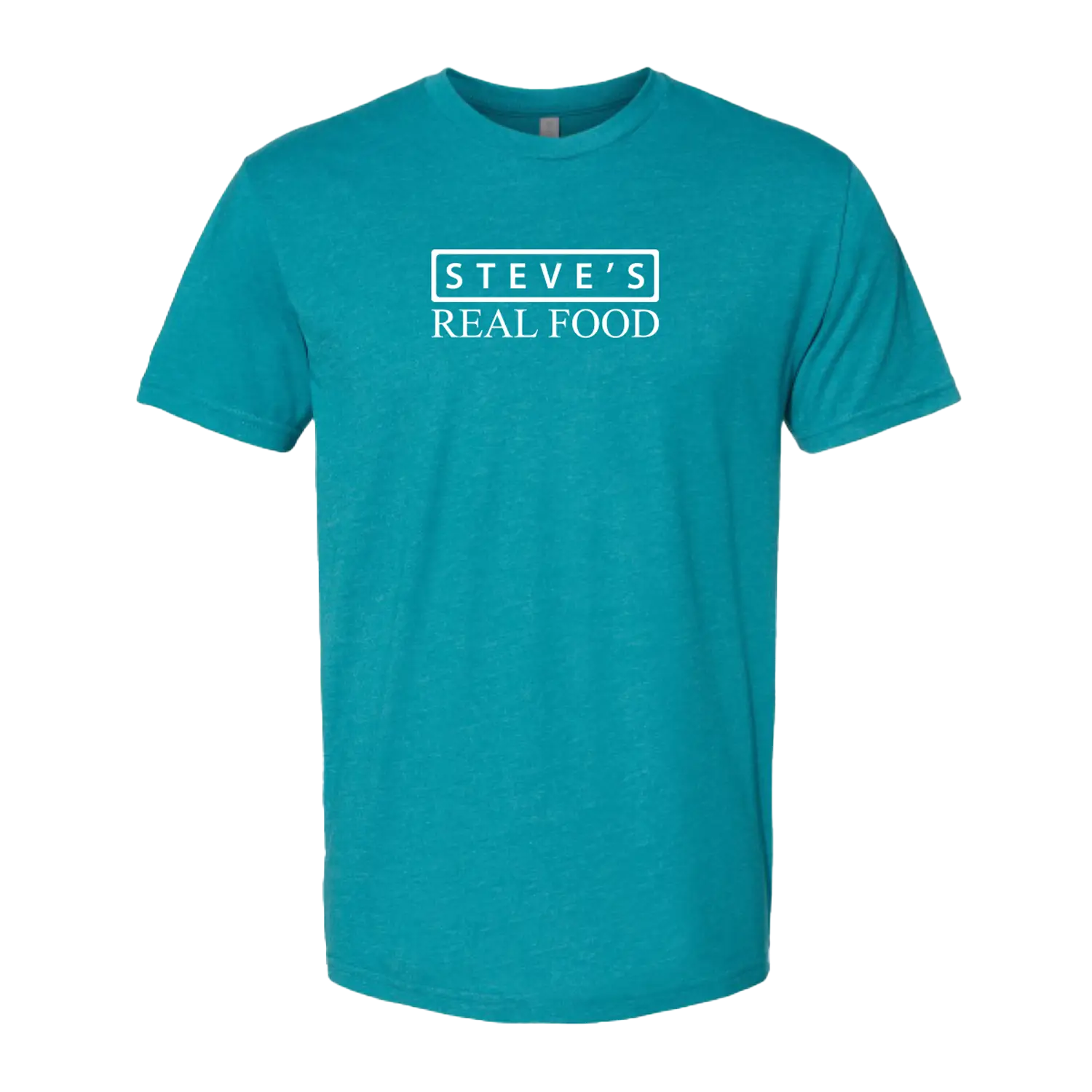 Steve's Merch
Steve's Merch 